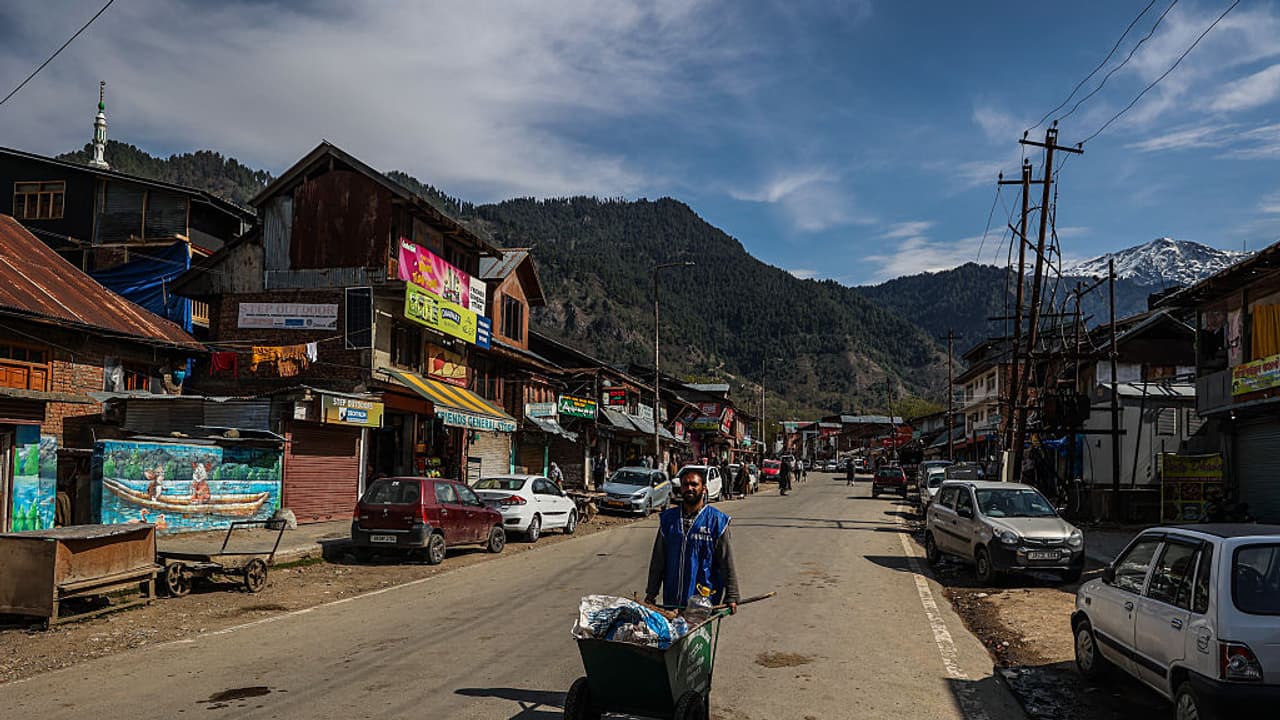The severe response to recent protests in both PoK and Gilgit-Baltistan has underlined the risks faced by anyone demanding autonomy, dignity, or land rights.
New Delhi: In Pakistan-Occupied Kashmir (PoK) and Gilgit-Baltistan, a pattern of fear and repression persists beneath Islamabad’s carefully controlled narrative, sharply contradicting the openness and development in Kashmir since the abrogation of Article 370 by the Government of India. Across these contested regions, enforced disappearances, arbitrary detentions, and the suppression of dissent have become distressingly routine. Political activists who mobilise against Islamabad’s decisions, such as those protesting the handover of local mineral rights to Chinese companies in Gilgit-Baltistan, face brutal crackdowns, arrests, and even reports of people going missing.
The severe response to recent protests in both PoK and Gilgit-Baltistan has underlined the risks faced by anyone demanding autonomy, dignity, or land rights. Media blackouts amplify this climate of fear, ensuring that grievances rarely reach the broader world and victims’ families are left without recourse. Disappearances and reprisals against dissidents are cornerstones of a deliberate campaign to eliminate political resistance in PoK and Gilgit-Baltistan.
This crackdown disproportionately targets indigenous communities and minorities, who are denied meaningful representation and subjected to discriminatory policies. Political parties in PoK are forced to demonstrate loyalty to Islamabad, effectively stifling voices for self-determination. In Gilgit-Baltistan, the lack of federal integration entrenches residents’ political exclusion under the state’s coercive control.
Meanwhile, there is credible evidence and widespread condemnation of demographic engineering. The systematic influx of outsiders, primarily Punjabi Muslims, into PoK and Gilgit-Baltistan is viewed by activists and experts as an effort to dilute local identity and tighten central control. Indigenous communities are left increasingly marginalised as their lands are transferred to non-locals, deepening economic and social disenfranchisement.
Critics argue that these changes are not only illegal under international norms but are fundamentally altering the region’s character, undermining the rights and traditions of its original inhabitants.
Contrast with Kashmir
The contrast with Indian-administered Kashmir is notable in recent years.
Following the 2019 abrogation of Article 370, India’s actions drew intense scrutiny and initial curbs on civil liberties; however, these restrictions have since been eased. Internet access, the ability to protest, and the space for political discourse have progressively improved; several government and independent assessments acknowledge greater media openness and more opportunities for youth engagement, even if challenges remain.
Elections are regularly held, and a spectrum of political parties operates, in contrast to the tightly monitored and manipulated electoral landscape in PoK.
International watchdogs and rights organisations continue to warn that the situation in PoK and Gilgit-Baltistan is dire, demanding urgent global attention. They call for investigations into human rights abuses, the restoration of local autonomy, and genuine protections for minorities and civil society actors.
For now, however, Islamabad’s grip remains defined by censorship, state violence, and efforts to remake the region’s very demographics, illuminating a dark reality that stands in stark opposition to the principles of openness and self-determination.
